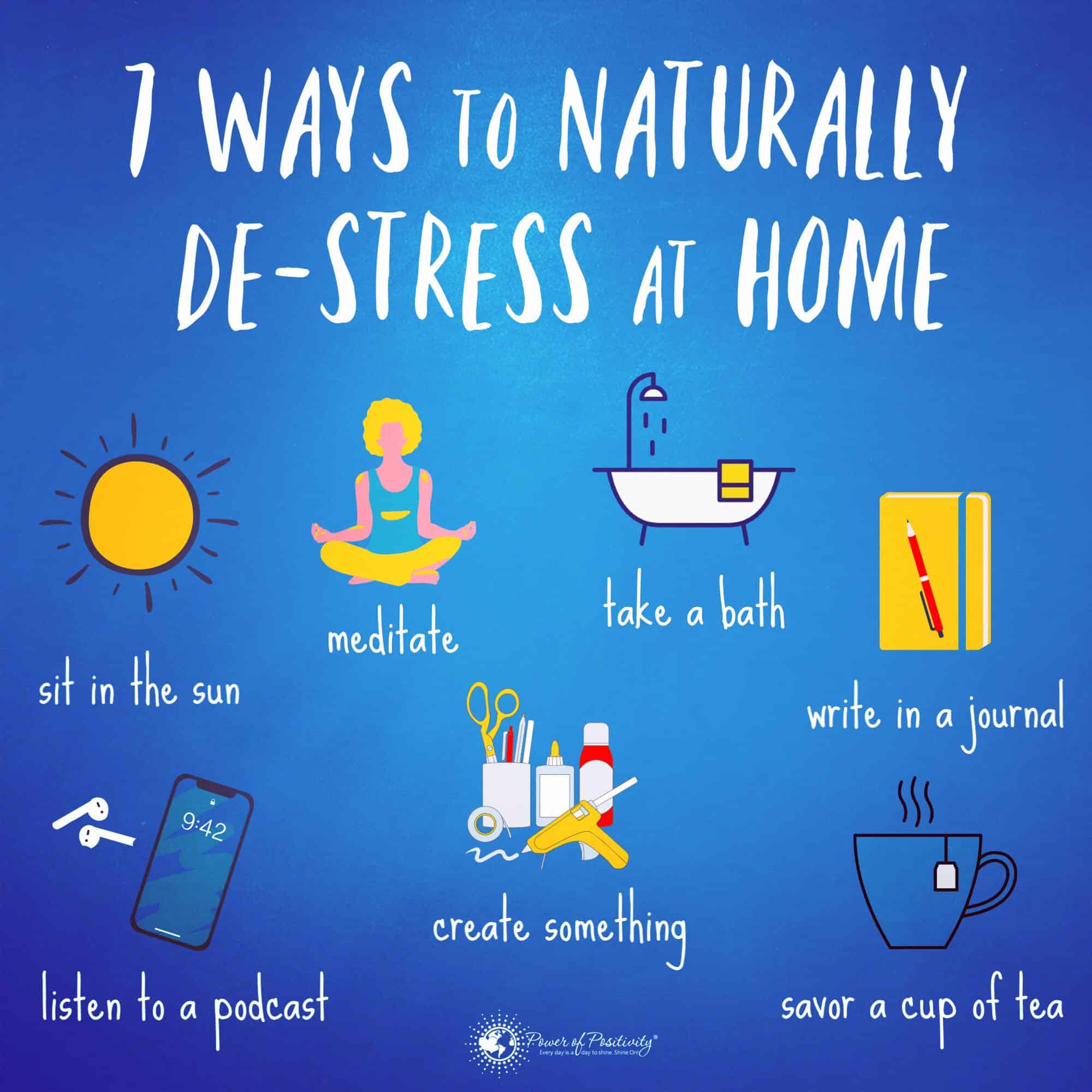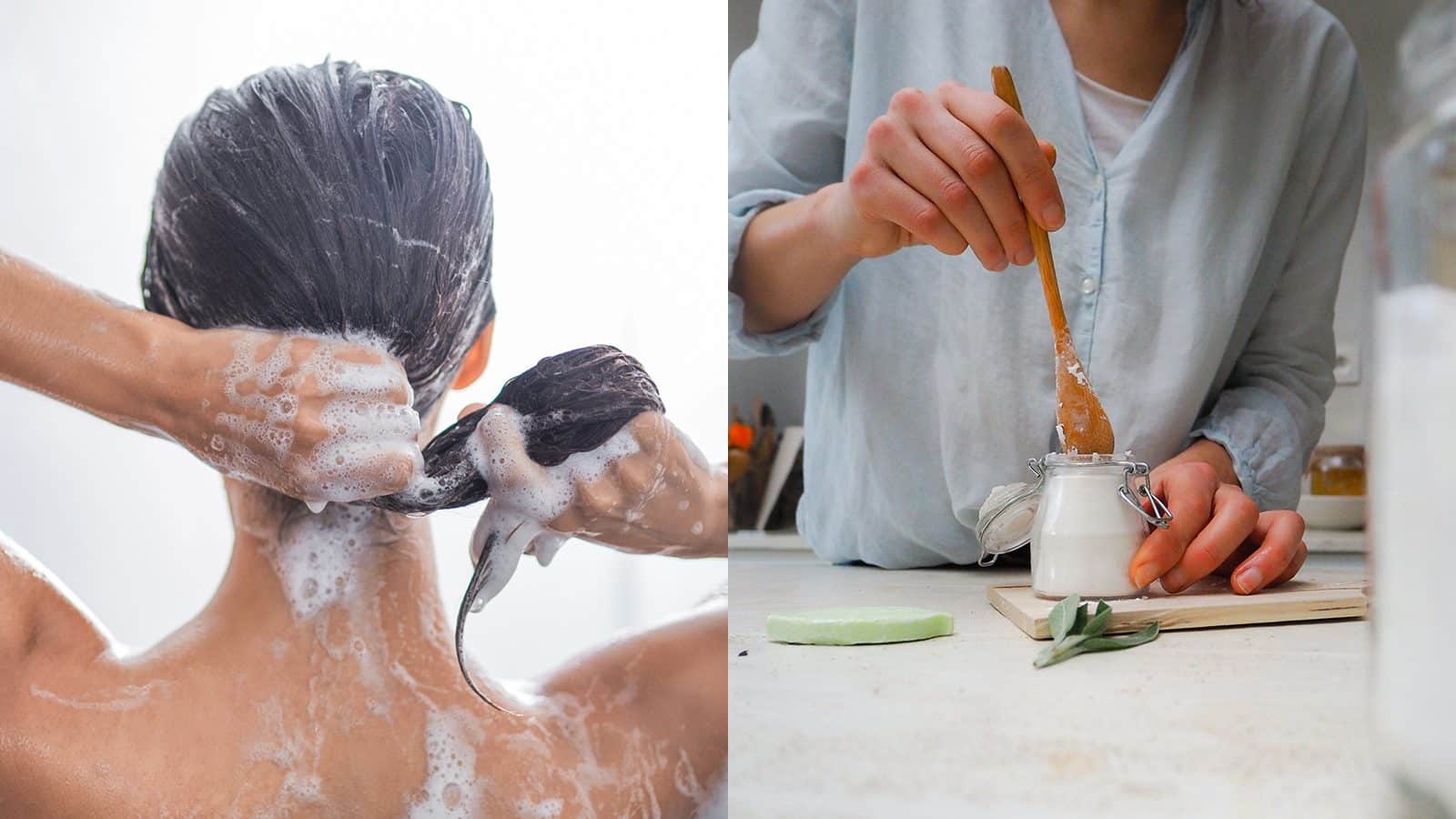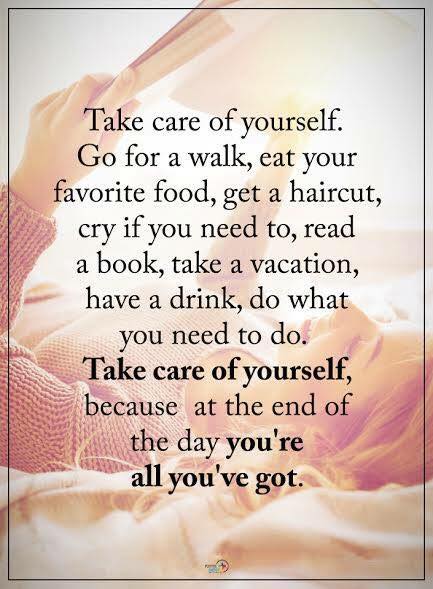Why would anyone stop using shampoo to clean their hair? Because using that chemical-laden, highly marketed, overpriced shampoo is doing your hair more harm than good. You might want to look like those people in the shampoo commercials after using their product, but chances are that you never do.
Shampoo is not just soap. Depending on your brand, it has many artificial colors, artificial fragrances, and many words with prefixes and suffixes like these: methyl-, -ester, ethyl-, -ane, -ohol, -propyl, and poly-.
According to an infographic on LippieHippie, typical shampoos contain a synthetic surfactant, an insoluble, non-volatile silicone, a suspending agent (long chain esters of ethylene glycol, esters of long chain fatty acids, or long chain amine oxides) and water. The only thing natural in that list of ingredients is the water.
Without naming brand names, here’s an example of why you should stop using shampoo right now. One popular national brand shampoo for preventing dandruff has coal tar in it. Although this ingredient is approved as safe for use by the FDA, animal studies have linked it to foliculitis, genotoxicity (damaging to genes or DNA), mutagenicity (cell mutations, including cancer), liver neoplasms, lung tumors, perianal skin cancer, respiratory difficulty, decreased ovary weights and more.
The Skin Deep App
The nonprofit Environmental Working Group (EWG for short) has an app called Skin Deep. You can scan a barcode for a shampoo product with their app on your phone while you are at the store. It is a great resource to check your shampoo for cancer-causing agents, chemicals that affect your reproductive health, and potential allergens. You can also type in the name of your product.
Go ahead and check your shampoo now. You will be unpleasantly surprised at all of the ingredients that have use restrictions associated with them. The Skin Deep app shows you a hazard rating for the potential health risk associated with the ingredients in your shampoo. Based on scientific literature, a high rating indicates a safety risk associated with the chemical ingredients.
The EWG looks at known human carcinogens (cancer-causing agents) according to the EPA, skin irritants according to the Cosmetic Ingredient Review Panel, and other public health and safety concerns. You can also use the app for lotions, sunscreen, makeup, and other products.
Here’s Why You Should Stop Using Shampoo
In an article in Townsend Letter, the Examiner of Alternative Medicine, Rose Marie Williams, says:
“Our awareness of toxic chemicals in cosmetics remains extremely inadequate. As long as cosmetics and personal care products are among the most heavily used consumer items in our culture, it would be prudent for consumers to avoid products that contain a host of toxic, even carcinogenic, ingredients and instead choose products that are made with ingredients less likely to add to their body’s toxic burden of harmful chemicals.”
Need another reason to stop using shampoo? The product that you use is designed to leave a residue on your hair that coats the hair shaft with thickening and smoothing agents. You are not leaving your natural hair shaft clean when you use products that coat it.
Having a shiny coating on the hair shaft might sound good, but it prevents your hair from getting the benefit of the natural oils from your scalp that are actually made to keep your hair healthy, shiny, and promote growth. It seems counterintuitive to add a product to your hair to do something that your own scalp naturally takes care of.
Now that you know that shampoo contains chemicals that can cause cancer, hopefully you’re ready to find an alternative for your hair. Here are some ideas to help you go no-poo (no shampoo) or low-poo (natural ingredient shampoo you can buy).
All Natural Shampoo Alternatives
When you begin to look into reasons to stop using shampoo, you will wonder what is safe, healthy for all hair types and will still leave your hair looking great. Fortunately, there are many recipes out there for you to try.
Here is one version from Alex Raye of AlmostExactlyBlog.com:
In a small glass cup with a plastic spoon mix the following in order:
- 1 spoonful of bentonite clay (draws out toxins, clarifies hair, defines curls, cleans extra hair grease)
- 1 ½ spoonfuls of apple cider vinegar (rebalances hair and scalp’s pH, soothes dry scalp, helps with dandruff, smoothes the hair cuticle and enhances shine)
- 1 ½ spoonfuls of raw honey (helps moisturize, is antibacterial, gives hair softness and shine)
- 5 spoonfuls of filtered water (use filtered or clay will bind to toxins in the tap water)
- nourishing oils (jojoba, avocado, argan or sweet almond oil are optional)
Bubbling in the mixture is normal and is due to the apple cider vinegar. The mixture will be runny, not like your usual shampoo. Put this on dry hair on your scalp and leave it on for five minutes, then rinse. Use some extra raw honey if you need additional conditioning.

Final Thoughts: Try Natural Ingredient Shampoos If You Don’t Want to Quit the Shampoo
Are you not quite ready to purchase ingredients to make your own safe shampoo alternative? You can buy organic, natural-ingredient shampoos instead. Here are a few store brand options with natural ingredients that you can recognize on the label:
-
- Josh Rosebrook Nourish Shampoo
- Shea Moisture shampoo
- Morocco Method
- 100% Pure
- Desert Essence Organics
- Castile soap






